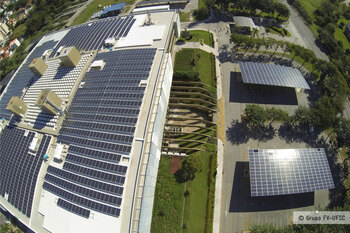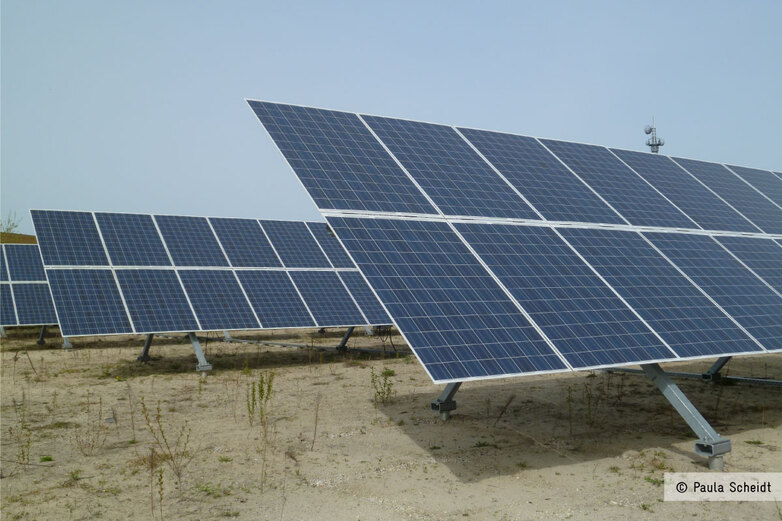Promoting a green and socially inclusive financial market
Green Finance Market Regulation and Green Bonds (FiBraS) II
-
Commissioning Party
German Federal Ministry for Economic Cooperation and Development (BMZ)
-
Country
-
Lead executing agency
More
-
Overall term
2022 to 2025
-
Other Stakeholders
Central Bank of Brazil
-
Products and expertise
Economic Development and Employment

Context
Achieving the climate and sustainable development goals requires massive investments in a socially inclusive environmental transformation of the economy. The financial sector plays a key role in this process, facilitating to redirect public and private capital into socially and environmentally sustainable investments and into hedging against social, environmental and climate-related risks.
Although Brazil has made progress in financial sector regulation, the framework conditions are still insufficient for the required transition. The sector lacks clear definitions, rules and incentives for such investments. At present, actions to measure and assess the social, environmental and climate-related impacts and risks of financial activities, and to ensure their transparency, remain deficient. In addition, strategies and measures for integrating social, environmental and climate goals into the financial institutions’ business models lag.
Objective
The financial sector in Brazil is better aligned with social, environmental, climate-related and economic objectives.

Approach
The project provides technical assistance for fostering the political and regulatory framework conditions for a sustainable financial sector in Brazil. It also promotes skills development and supports in devising and applying effective supervisory instruments. Furthermore, the project disseminates knowledge about sustainable financing approaches.
The measures include:
- developing a classification system (taxonomy) for sustainable economic activities and investments,
- mainstreaming climate-risk analysis in financial sector supervision and expanding a monitoring system for rural credit,
- promoting and disseminating sustainable finance approaches with development banks.

Last update: June 2023






